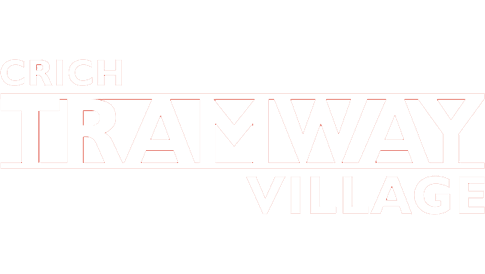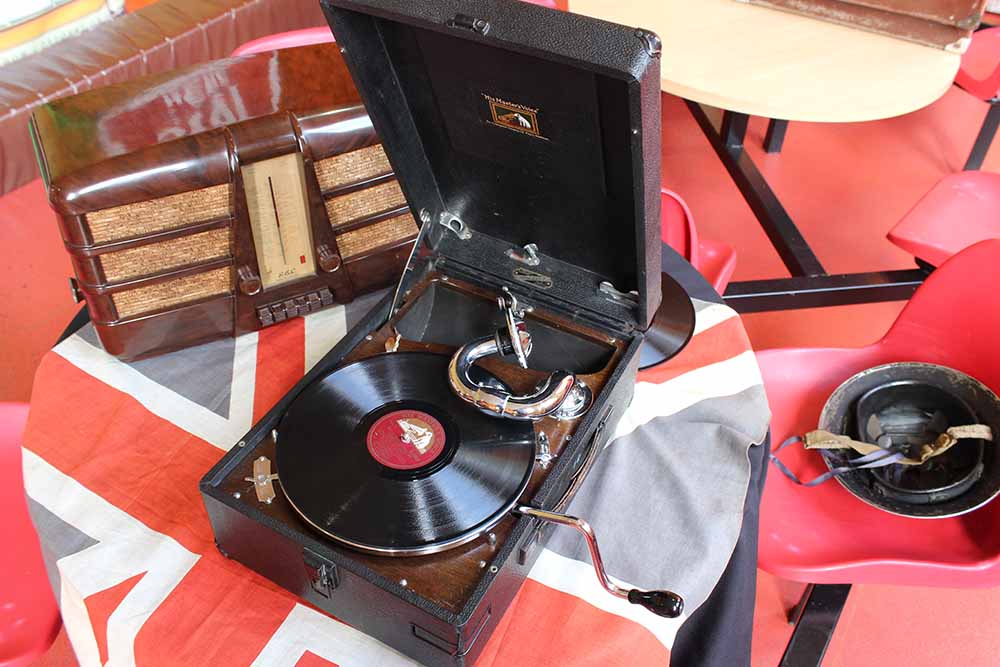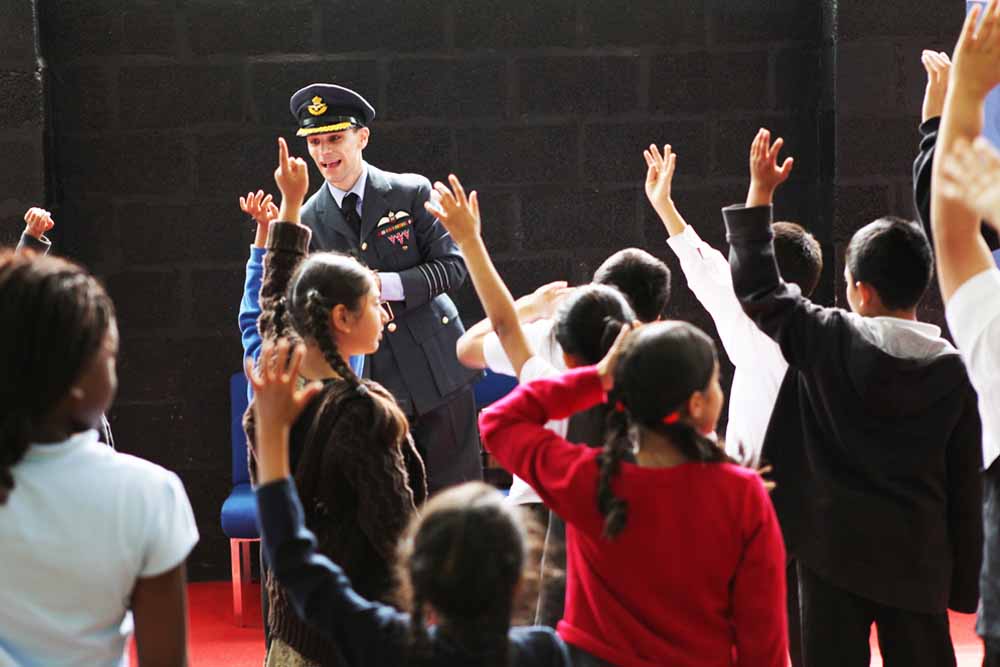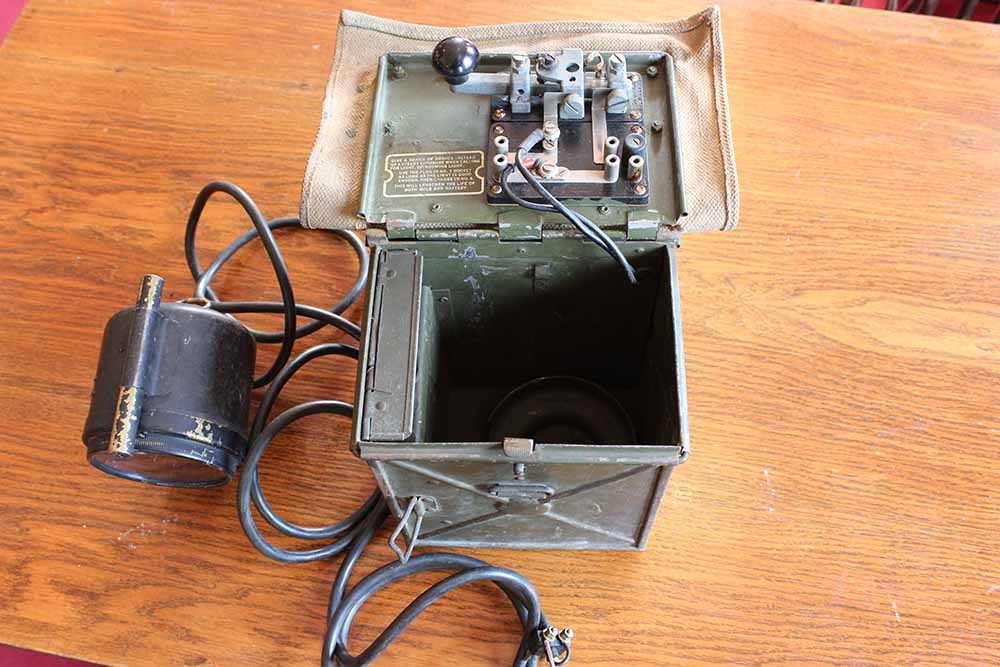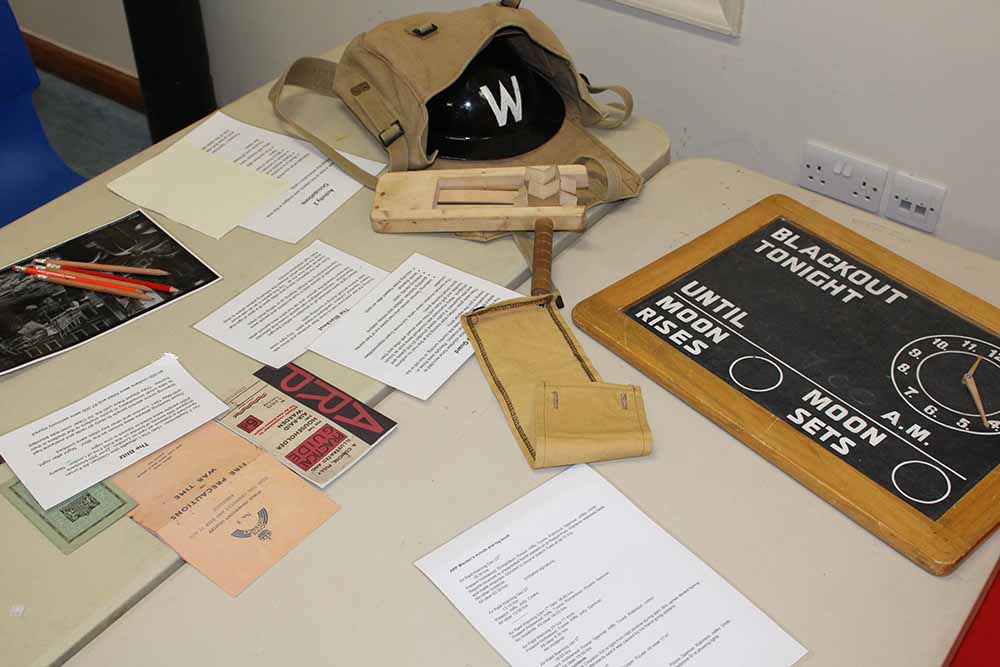Experience World War Two through our half day World War Two Special! Children (and staff!) will be met by our Billeting Officer on arrival and inspected, giving children the opportunity to discover how evacuee’s found out where they would be staying and how that uncertainty would feel. Once billeted, the children will experience three different sessions:
Session 1: WW2 Object Handling – Led by one of our Learning Team, the group will have the opportunity to handle artefacts from the time period and learn more about rationing, the Land Army, air raids, gas masks, etc. Children will be encouraged to explore the objects, express their opinions and feed back to the group.
Session 2: Special Operations – Led by a Museum Educator in role, the children will learn about the role that spies, saboteurs and resistance groups took in World War Two by looking at some artefacts and objects that were used during the war, including Morse code and other secret devices, to communicate with each other. Children will then be given the opportunity to do some code breaking for themselves!
Session 3: Music, Song and Dance – Led by a Museum Educator in role, the group will have the opportunity to learn about the importance of music, song and dance during the war period and how it kept people’s spirits up. The children will learn a World War Two song and dance, but it might be interrupted by an air raid!
